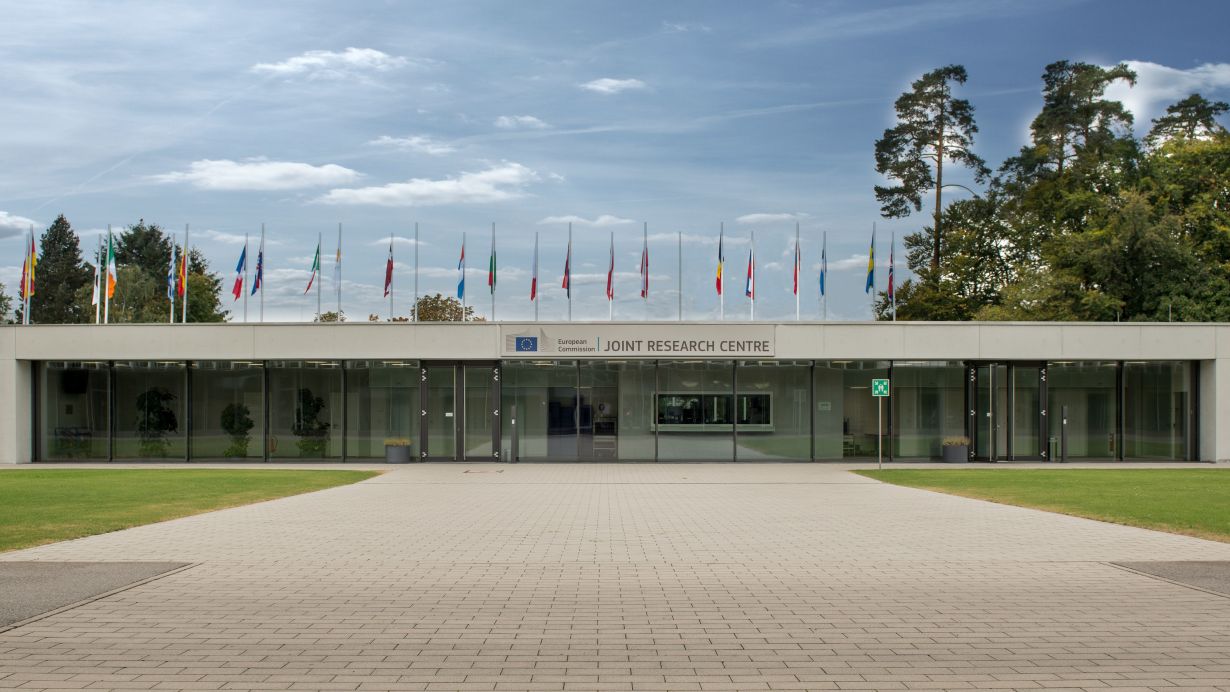
Karlsruhe Institute of Technology (KIT) and the Joint Research Centre (JRC) of the European Commission intend to work together even more closely in the areas of nuclear safety and security as well as nuclear safety monitoring. They want to make an effective contribution to understanding and solving scientific issues - both in fundamental research and in other nuclear applications such as medical research. To this end, the two institutions have signed a new cooperation agreement. The public will benefit from the results.
"Nuclear technology continues to play an important role in materials research, healthcare, and energy, to name a few," says Professor Jan S. Hesthaven, President of KIT. "The cooperation agreement that we have now signed with the JRC helps us secure nuclear safety standards at a high level. At KIT's nuclear research and education facilities, we will train young researchers who are supposed to guarantee Europe's future scientific expertise and sovereignty in this field."
"Innovation is a leitmotif for the JRC's scientific activities, which determines both the scope and the method of research," says Dr. Ulla Engelmann, Director at the JRC. "Together with KIT, the JRC is pursuing innovative trends and applications emerging in the nuclear sector and is trying to anticipate them. On the other hand, the JRC and KIT are continuously striving to develop and maintain innovative tools and methods to carry out their research."
Responsibility for the Next Generation
The cooperation between KIT and the JRC is aimed primarily at training and further education as well as the development of nuclear capacity in Europe. One of the goals is to establish a dialog between researchers and students. Better mutual access to the nuclear research infrastructures of KIT and the JRC facilitates this for the participating research groups and institutions. Moreover, joint seminars and publications are planned to promote progress in scientific research programs on both sides and to increase their visibility in the relevant scientific and political environments.
Strengthening Europe's Scientific Sovereignty
In addition to preserving scientific expertise in the nuclear field, the aim is for the cooperation to strengthen Europe as a whole in this field. Through joint fundamental research, KIT and the JRC want to expand the understanding of actinide chemistry, i.e. the heavier elements in the periodic table, which are often radioactive. In the field of applied research, the partners want to intensify their cooperation in nuclear medicine, space travel, and intermediate storage and disposal of nuclear waste. They intend to develop innovative strategies for decommissioning and dismantling nuclear facilities and for international nuclear safety surveillance. Another step is to build expertise to better assess reactor safety and structural materials. This includes small modular reactors (SMRs) as well as new materials and manufacturing processes.
About the JRC
The Joint Research Centre (JRC) is the European Commission's science and knowledge service. Its mission is to provide independent, evidence-based research to support the European Commission's policies and to have a positive impact on society. Through the Directorate for Nuclear Safety and Security, based in Geel (Belgium), Ispra (Italy), Karlsruhe (Germany), and Petten (Netherlands), the JRC conducts research in non-energy applications, nuclear applications, nuclear reactor and fuel safety, disposal of radioactive waste and spent fuel assemblies, nuclear data for reactors, and other applications.
Being "The Research University in the Helmholtz Association", KIT creates and imparts knowledge for the society and the environment. It is the objective to make significant contributions to the global challenges in the fields of energy, mobility, and information. For this, about 10,000 employees cooperate in a broad range of disciplines in natural sciences, engineering sciences, economics, and the humanities and social sciences. KIT prepares its 22,800 students for responsible tasks in society, industry, and science by offering research-based study programs. Innovation efforts at KIT build a bridge between important scientific findings and their application for the benefit of society, economic prosperity, and the preservation of our natural basis of life. KIT is one of the German universities of excellence.






